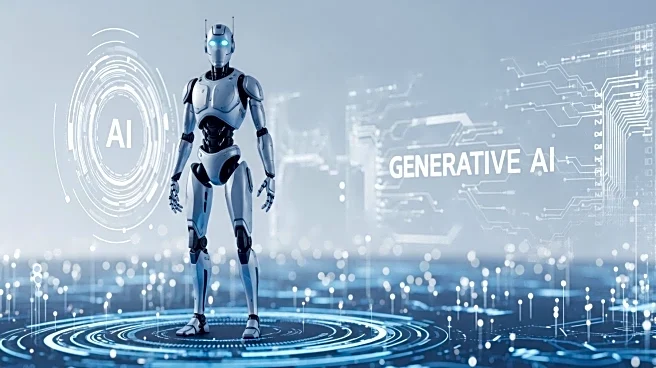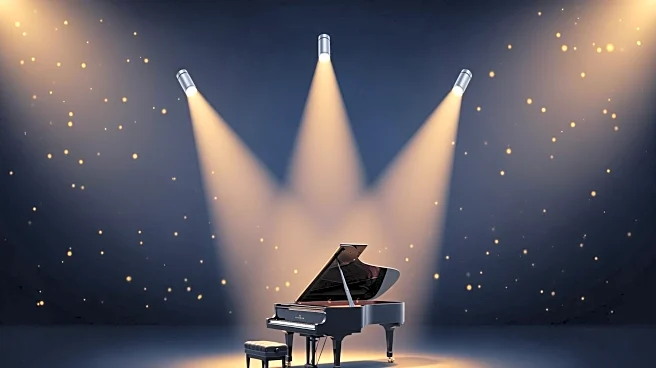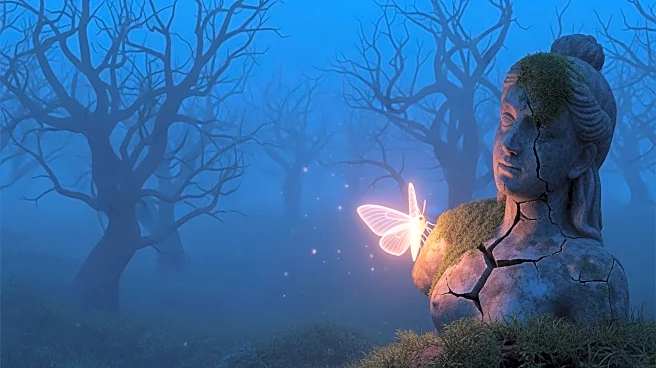What's Happening?
Nintendo has denied allegations of lobbying Japanese lawmakers against generative AI, stating it has not contacted the Japanese government regarding this technology. This clarification follows an apology from Japanese politician Satoshi Asano, who had claimed Nintendo was involved in lobbying efforts. Despite the denial, Nintendo emphasized its commitment to protecting its intellectual property rights, regardless of AI involvement. Nintendo of America president Doug Bowser reiterated the company's focus on maintaining a 'human touch' in game development, contrasting with other companies exploring AI integration.
Why It's Important?
Nintendo's stance highlights the ongoing debate within the gaming industry about the role of AI in game development. While some companies are embracing AI to enhance game design and production, Nintendo's commitment to human-driven creativity underscores a different approach. This decision could influence consumer perceptions and industry trends, particularly as AI continues to evolve. The emphasis on IP protection also reflects broader industry concerns about the potential for AI to infringe on creative rights.
What's Next?
The gaming industry will likely continue to watch how Nintendo navigates the balance between innovation and tradition. As AI technology advances, Nintendo's approach may serve as a case study for other companies weighing the benefits and risks of AI integration. Additionally, the company's actions regarding IP protection could set precedents for how gaming companies address similar challenges in the future.









